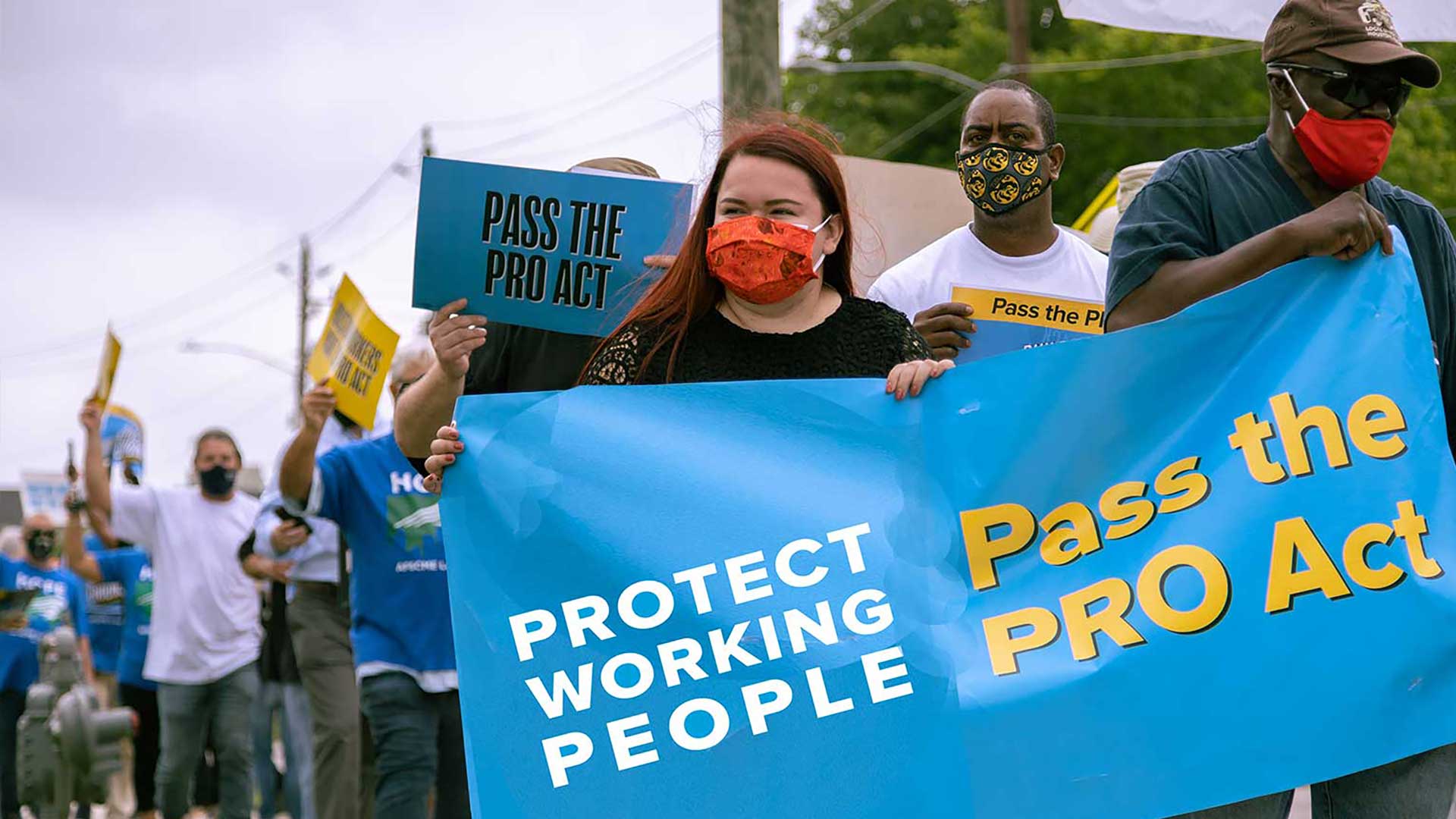On Dec. 16, 2017, National Labor Relations Board Chair Philip Miscimarra’s term came to an end. In the final days before the end of his term, a series of 3-2 decisions were handed down that were unprecedented in several respects, not the least among them was the extent that the decisions will harm working people.
What the board did during this time wasn’t normal. The decisions were all of great importance, they all reversed recent precedent, and they were issued without public notice or the ability for affected parties to weigh in with arguments or evidence. In several of the cases, the NLRB went far outside the facts of the case and applied the law to other situations, including to both pending cases and other cases that may come before the board. In one case, the board addressed a question that neither party to the case raised. And, not least of all, two members of the NLRB, William Emanuel and Marvin Kaplan, only served on the board for a few months each before casting deciding votes in significant decisions without the benefit of briefing by all interested members of the labor-management community.
Here is a closer look at several of those key cases:
Hy-Brand Industrial Contractors (365 NLRB No. 156): Despite no one involved in the case asking for it, the board reversed the 2015 decision in the Browning-Ferris Industries case (362 NLRB No. 186). The decision provided that only direct control of employees determines who is the employer of those workers, rejecting indirect, reserved, or limited and routine control as potentially determining factors. In other words, an employer only counts as your employer if they have direct control over your terms of employment. Other legal entities involved in the work process are not responsible, even if they have a say in your employment situation—for example, controlling the speed of the line on which you work as in Browning-Ferris.
PCC Structurals Inc. (365 NLRB No. 160): This case rewrote the rules governing which employees are part of a unit and eligible to vote on whether to be represented by a union. Under the new standard, employers have more opportunity to add more employees to the requested unit in order to dilute the pro-union vote and also to delay a vote through litigation over the unit.
Raytheon Network Centric Systems (365 NLRB No. 161): When an existing collective bargaining agreement expires, the previous rule was that employers cannot make unilateral changes in terms and conditions of employment even if such changes had been allowed under the expired, unless the changes did not involve the exercise of discretion. Under the new ruling, the standard has changed, making it legal for a company to make changes as long as they are consistent with past activity. This means an employer could raise health care premiums for workers previously covered by a collective bargaining agreement after that agreement expires, for both bargaining unit employees and unrepresented employees, as long as the action was consistent with past practices under the expired management rights clause.
The Boeing Company (365 NLRB No. 154): The work rules, policies and handbook provisions that employers make have to be consistent with law and not suggest to employees that they might be discipline for exercising their right. At least until this decision. In this case, the board changed the test used to determine whether work rules are legal, making it easier for employers to chill and even restrict activity that is protected under the National Labor Relations Act, as long as the impact on the protected rights is outweighed by the justifications for the rule that restricts the activity.
UPMC (365 NLRB No. 153): This one overruled a 2016 decision that determined that an administrative law judge may accept a settlement offer over the objections of the general counsel and charging party only if it constituted a full remedy for all violations alleged in a complaint. The new ruling says that a less-then-complete settlement can be accepted by the administrative law judge if it meets a reasonableness standard under a multifactor test. In other words, the judge can reject the position of both the expert general counsel and the aggrieved party and accept a weaker settlement offer.
Despite Miscimarra’s departure, these types of actions by the NLRB aren’t coming to an end any time soon. There is currently one vacancy on the NLRB, but President Donald Trump has just announced that he will nominate another management-side lawyer to take the seat—John Ring. But unions and working people are contesting several of these last-minute decisions, both in the courts and before the board.


